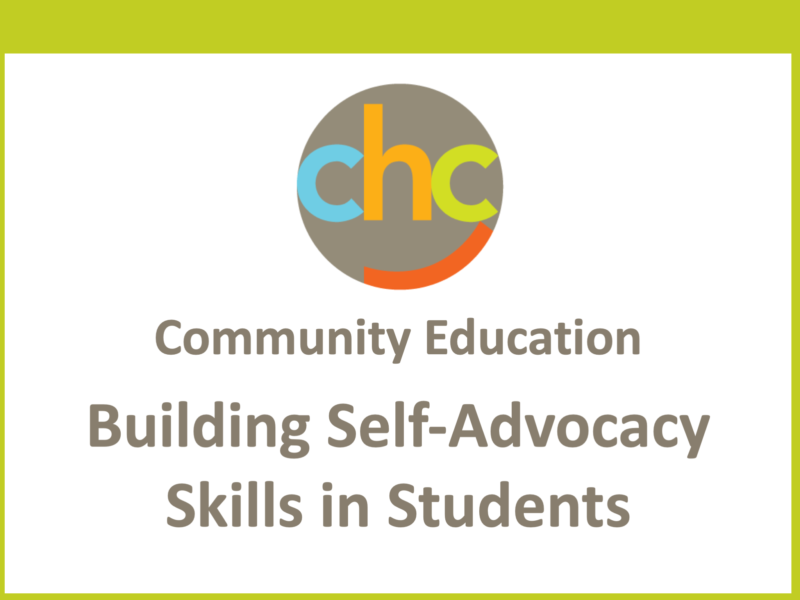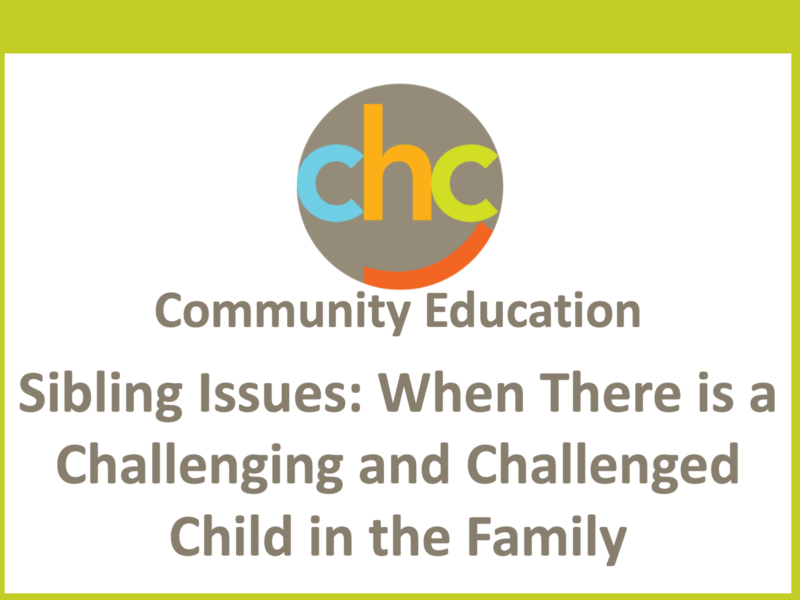
Today’s school children are experiencing record levels of depression and anxiety, alongside multiple forms of trauma. Cops and No Counselors: How the Lack of School Mental Health Staff is Harming Students reviews state-level student-to-school-based mental health personnel ratios as well Read more >>










